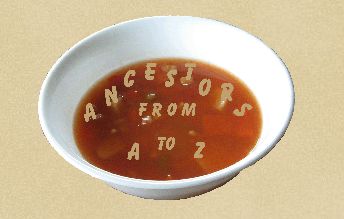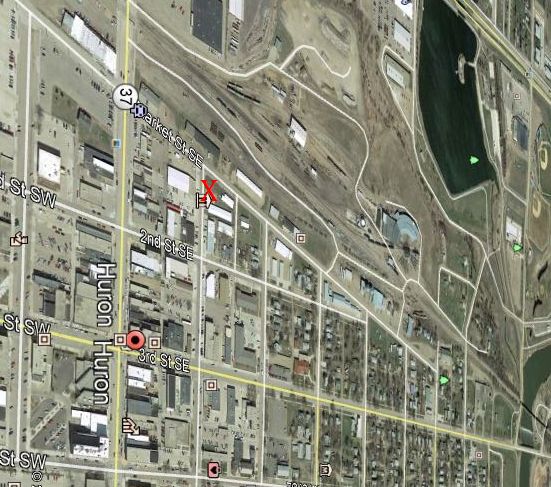I have pined away for a Revolutionary War Patriot in my lineage for a
long time, but have come up disappointed at every turn. My husband, however, can boast of
several. My best hope for a patriot is
my direct-line ancestor Joseph Lair.
Lair, the son of
German immigrants, was born in Philadelphia in September of 1745, and by 1768
had purchased land in Rockingham County, Virginia. In 1788, he contributed horses to Captain
Richard Ragan’s company, so he did at least something toward the effort. The DAR database confirms his contribution. Maud Ward Lafferty and Helen Lafferty Nisbet,
in their book “Background of the Lair Family,” state that he no doubt served as
well, in addition to his brothers, and that his service was likely documented
in Virginia.
I first took up
the quest to find information on his service about 15 years ago, long before websites
like Fold3.com were available. I had
made note that he attained the rank of Corporal, but did not note the source of
that tidbit. In the limited resources
available at the time, I was unable to find much, so I made a few notes and
stuck them in a folder. Now, I’m going
through that folder and have picked up the job of looking for his service.
The first stop was
Fold3. I was pleased to get an immediate
“hit” – and discover a Joseph Lair who rose from the rank of Private to
Corporal in the Commander-in-Chief’s Guard, Continental Troops, commanded by
Caleb Gibbs. Caleb Gibbs was a “right
hand man” of George Washington, and it was his duty to not only protect
Washington, but to engage in battle as well.
This was a big deal! Perhaps waiting all these years
to discover a patriot was well worth it with a story like this for the family
tree! However, the reference envelope
pictured below notes that the cards are filed with “Law, Joseph.” And herein begins a whole new struggle.
I looked at every
muster roll available for this group, and beginning with July 1777 until July
1780, either a Joseph Lair or a Joseph Law shows up, but never both at the same
time. A few of the listings are clearly “Lair,”
more are clearly “Law,” and some could go either way. This man starts out with the rank of Private,
and ends up as Corporal. Because both “Law”
and “Lair” never show up separately, I have to conclude that this is the same
man.
| That's a nice "Lair"!! |
 |
| Ugh. That's a good "Law." The loop at the end of the "w" is consistent with handwriting in other parts of the document. |
My Joseph Lair was born in Pennsylvania, but
purchased land in Rockingham County, Virginia in 1768, and lived there until at
least until 1792. Caleb Gibbs was
associated with the 14th Massachusetts Regiment, but served
elsewhere in his capacity with George Washington’s Guard, and since Washington
lived in Virginia, it would not be inconceivable that Virginia men, such as
Joseph Lair, were involved. It was noted that after the war, Gibbs returned to Massachusetts.
So – who was this
man? Was it Joseph Law, or Joseph
Lair? And if it IS Joseph Lair, is it MY
Joseph Lair? These are the problems that stand between me and a Revoultionary War ancestor.
I wondered if I
could document a Joseph Law as having served in the war, so it was back to
Fold3 with a new search. That search
brought up a widow’s pension file associated with a Joseph Law who served with
a Connecticut regiment under Colonel Chandler, for three years commencing from
1777. My hopes rose! Yes, there was a Joseph Law, but he was tied in
up Chandler’s regiment during the time in question. Continuing on through the numerous documents
in the file, I found another that stated he was transferred into Gen. George
Washington’s Corps of Guards. Shoot (no pun intended). I am back to my previous condition of not
having a patriot in my family tree.



